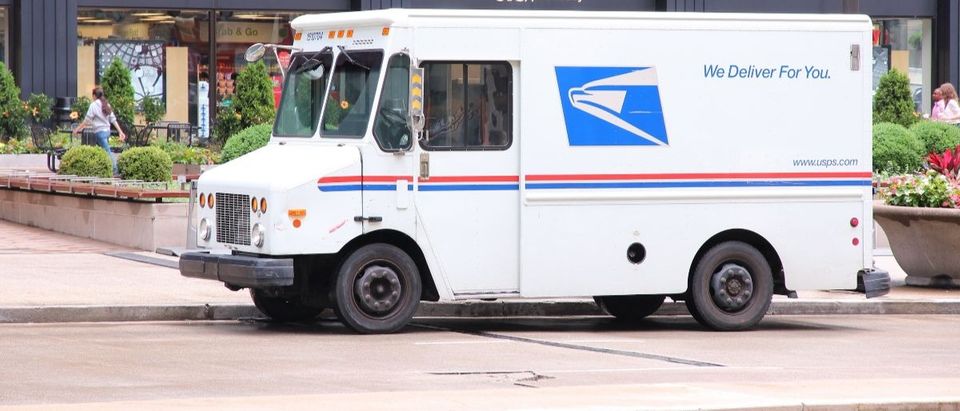The economy is expected to slowly bounce back from unemployment numbers not seen since the Great Depression — the result of a government-imposed national business shutdown. The shuttering of businesses was an unfortunate necessity, and the federal, state and local response to the coronavirus has been a key component in setting the stage for an economic comeback. However, as proposed this week by the U.S. House of Representatives, one federal measure that will undoubtedly slow the nation’s recovery is to provide another bailout to the United States Postal Service.
The recently released HEROES Act, legislation spearheaded by Democratic House leadership, includes a $25 billion bailout for the USPS. While this bill is largely a Democratic priority marker with little chance of becoming law in its current form, it still represents the kind of large-scale relief legislation lawmakers are considering for addressing the severity of the COVID-19 crisis. The CARES Act, passed by Congress and signed into law by President Trump in March, sought to provide fast relief to preserve American jobs. The legislation included provisions to provide direct aid to workers and families and established the Paycheck Protection Program (PPP) to help small businesses to stay afloat. Assistance was given to specific industries to preserve American jobs at risk of being outsourced if companies failed. State and local governments experiencing budget shortfalls because of the massive financial resources expended to respond to the crisis also received additional funding. Also included in the CARES Act? $10 billion in aid to the Postal Service. Yet now, just over one month later, the USPS is back for much more taxpayer cash.
The Postal Service is a bad candidate for federal aid because the agency has financial problems that have nothing to do with the economic disruption caused by the ongoing pandemic. A government study of the financial viability of the Postal Service shows that its business model is flawed and is not one that could survive in the private sector. It functions as a government-protected monopoly and is the only entity allowed to deliver letters. USPS is exempt from state and local taxes while being free from many government regulations. Even with these benefits, the agency loses tens of billions every year.
In last year’s High-Risk Update from the U.S. Government Accountability Office (GAO), it was determined that the Postal Service’s “overall financial condition is deteriorating and unsustainable,” with the agency having “lost $69 billion over the past 11 fiscal years — including $3.9 billion in fiscal year 2018.” The GAO concluded that “savings from USPS cost-reduction efforts have dwindled in recent years” and “expenses are now growing faster than its revenues.” These were all findings of a government audit that predated the coronavirus outbreak.
Data released this month by the U.S. Postal Regulatory Commission confirms the fact that there is little evidence the coronavirus impacted the USPS in a significant way. In the second quarter of this year the Postal Service had a total revenue of $17.8 billion, nearly the same amount ($17.5 billion) for the same period last year. Furthermore, the USPS has $9 billion in cash on hand, $4 billion in borrowing authority from the Department of Treasury and the aforementioned $10 billion in aid from the previous coronavirus relief measure. The Postal Service does not need more cash, but it does need reform.
A White House task force that studied the Postal Service released a report in December of 2018 that concluded the Postal Service’s “ability to achieve and maintain sustainability over the long-term is dependent upon formative reforms to its business model that will enable it to flexibly and swiftly adapt to the social, technological, and operational changes in the mail and package markets.”
The postal service has deep issues with governance, pricing, cost allocation and labor, to name just a few. If USPS was a private sector operation, it would have been declared bankrupt and folded years ago. The conclusions are consistent with the findings of The Heritage Foundation and the CATO Institute, two esteemed think tanks that have studied the issue and called for a major restructuring of the agency.
The United States Postal Service uses a bad business model that American taxpayers should not have to rescue a second time. Any future Congressional relief package would be better served to include structural reforms that prevent an agency like the Postal Service from ever coming back for yet another bailout.
Cesar Conda, a former Chief Domestic Policy Advisor to Vice President Dick Cheney, is a Senior Fellow at the Committee to Unleash Prosperity


